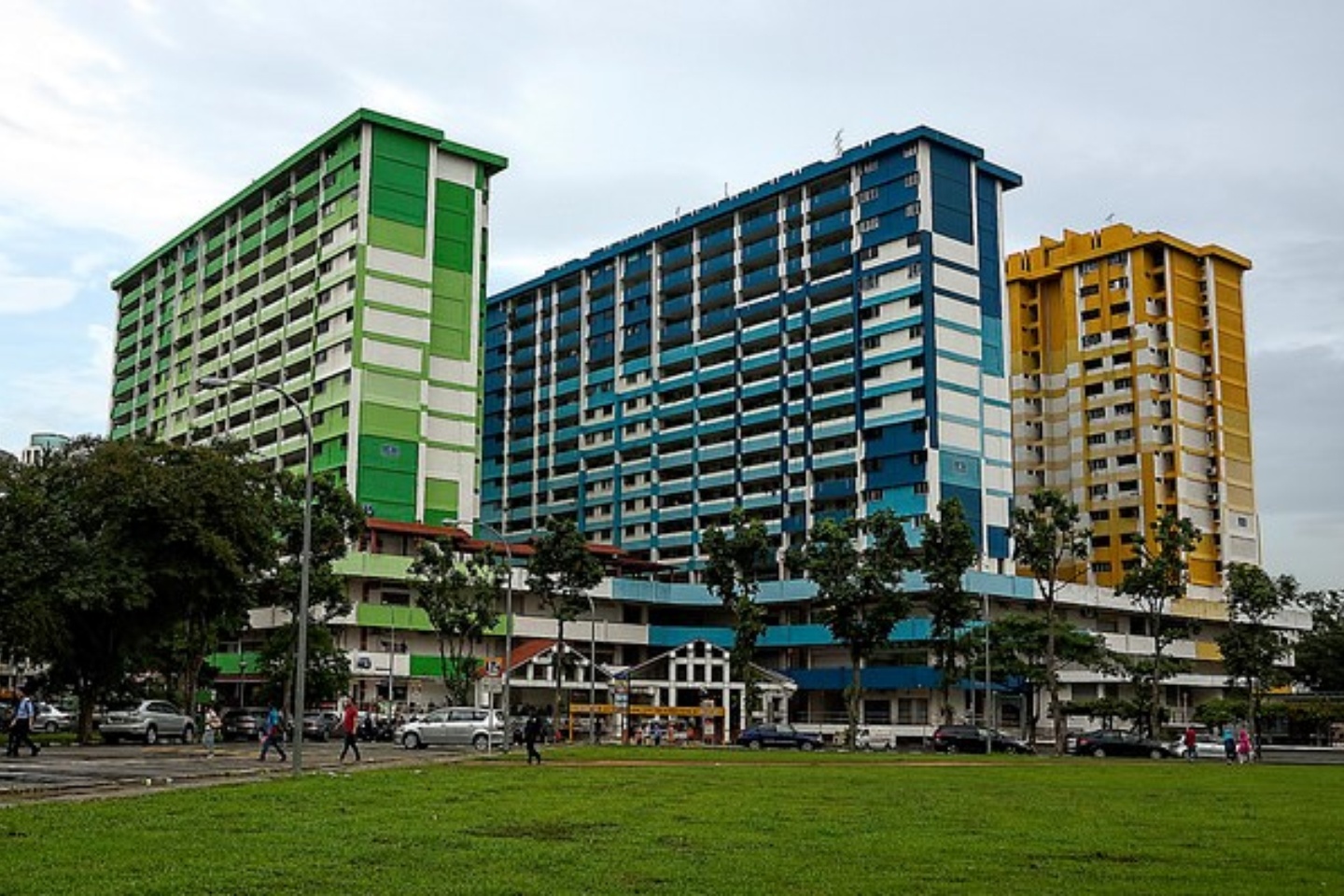New units will consume an immense amount of resources like land, cement and steel, and guzzle water and burn energy. Furthermore, as standards of living improve around the world, more homes will be furnished with toilets, microwaves, refrigerators, heating/cooling systems, and the electrical needs of a digital future.
Yet, we don’t have a choice. Access to adequate housing is a human right, which must be respected if we wish to meet our commitments to our common global goals.
So how can we meet our aspirations to house our growing population without destroying the environment?
Green housing is still perceived as a luxury, yet most of the houses that will be built, will be in emerging markets for households who cannot afford to invest in high-tech housing. In fact, a lot of resources are being spent trying to reduce construction costs to a bare minimum in order to make housing more affordable.
Fortunately, building a green home goes beyond simply adding solar panels on a rooftop and does not necessarily require high-tech innovations in order to be green. Instead, we must take into account the entire value chain of building a home with many green features, which in fact, can help reduce costs today and in the long-term.
Here are three simple principles that should be adopted worldwide to both help reduce costs and our ecological footprint.
We must take into account the entire value chain of building a home with many green features, which in fact, can help reduce costs today and in the long-term.
First, we should minimise our land use and seek to maximise density without destroying our cities’ social fabric. With the majority of the world’s population living in urban areas, the practicality of owning a single-family home has become increasingly unlikely.
To avoid urban sprawl and conserve natural resources, we must go upwards. In doing so, we will reduce one of the greatest costs of urban homes, maximise energy efficiencies, and increase greenspaces that might otherwise have fallen prey to unwise development.
Secondly, our homes should be built with their life-cycle costs in mind. Energy and water usages should be taken into account when choosing designs and fixtures. Fortunately, implementing frameworks such as the EDGE tool, a low-cost alternative to LEED Certified building, can achieve this while being mindful of preserving affordability.
Finally, because we need to build with the future in mind, ensuring that homes are still desirable decades down the road is fundamental. Maintenance costs are too often an afterthought in many housing programs, but crucial to sustainable development. By planning ahead, we will waste fewer resources in the long term for minimal upfront costs today.
Though it may be difficult to enforce these measures, at the very least, we should demand that all government subsidised housing programs should follow these simple rules in order to avoid wasting our planet’s precious resources.
We simply cannot afford to squander economic and environmental resources on houses that will not survive the tests of time.
Source: eco-business






